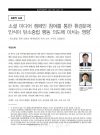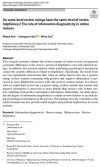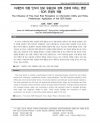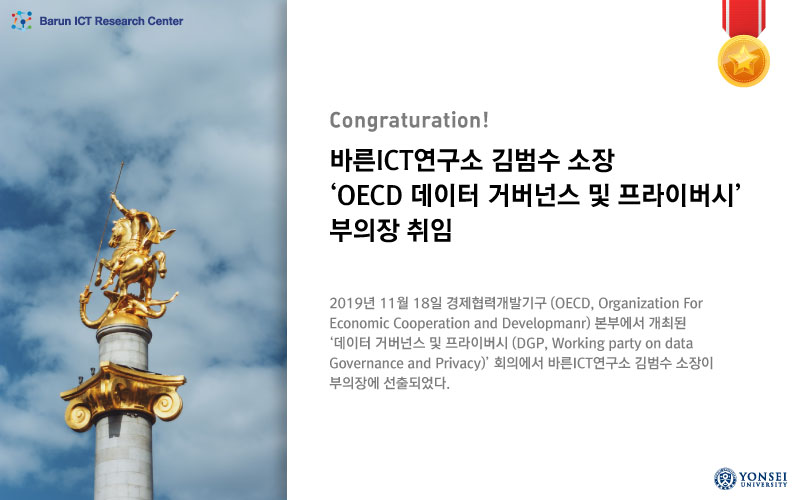제목: 사이버로핑이 조직의 정보보호 리스크에 미치는 영향
Effects of Cyberloafing on Cybersecurity Risks of Organizations: The Case of a Financial Institute
요약:
조직 구성원들은 업무 시간에 사적인 목적으로 인터넷을 종종 사용하는데, 이것을 사이버로핑(cyberloafing)이라고 한다. 특정 사이버로핑(예를 들어, 웹하드, 성인 및 도박 사이트 접속)은 악성코드 감염으로 이어질 수 있기 때문에 조직의 정보보호 리스크를 증가시킬 수 있는데, 이것은 궁극적으로 조직에 상당한 피해를 줄 수 있다. 따라서, 정보보호 측면에서, 사이버로핑의 영향을 살펴보는 것은 조직 입장에서 매우 중요하다. 국내 금융기관직원680명의인터넷 필터링 시스템 로그정보 118,942건을 분석한 결과, 조직 구성원이 블랙리스트 사이트에 접속할수록 악성코드 감염 가능성이 높아지는 것으로 나타났다. 즉, 조직 구성원의 사이버로핑은 조직의 정보보호 리스크를 증가시킨다. 따라서, 조직은 조직 구성원의 인터넷 사용을 적절한 방식으로 모니터링하고 통제할 필요가 있다.
Organization members often use the Internet for non-work purposes during work hours, which is called cyberloafing. Certain types of cyberloafing (e.g., webhard, adult, and gambling sites access) can be a major cause of malware infection, which can ultimately generate significant damages to organizations. It therefore is important to examine the relationship between cyberloafing and cybersecurity risks of organizations. We analyzed log data from an internet filtering system of a financial institute and found that the more employees access to blacklist sites, the higher the possibility of malicious code infection. In other words, cyberloafing increases cybersecurity risks of organizations. We suggest that organizations need to monitor and control their members’ internet use in an appropriate way.
주제어: Cyberloafing, Cybersecurity Risks, Malware, Information Security Risks, Internet Filtering System
출처: 오현우, 김범수, & 박재영. (2023). 사이버로핑이 조직의 정보보호 리스크에 미치는 영향. 정보보호학회논문지, 33(5), 813-826.






